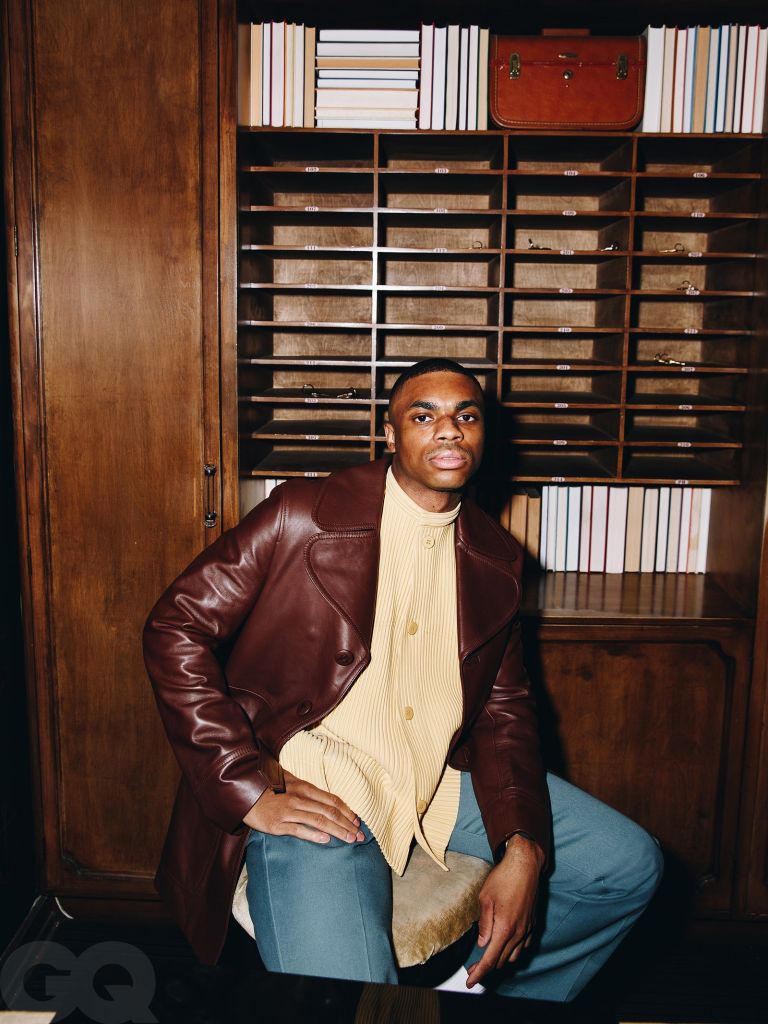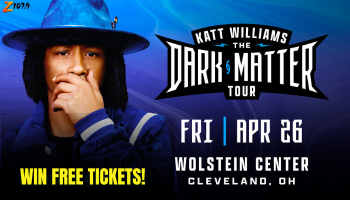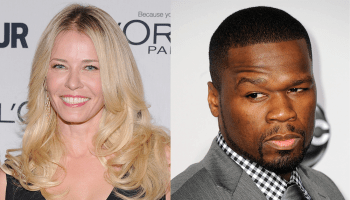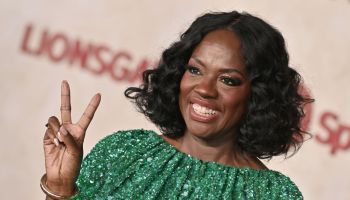
Source: Tyrell Hampton/GQ / Tyrell Hampton/GQ
Vince Staples chopped it up with Desus Nice of Showtime’s Desus & Mero during a recent interview for GQ magazine. Desus wanted the Long Beach rapper to touch on how Nipsey Hussle’s death affected him being that they shared similar backgrounds as LA Crips turned successful Hip-Hop artists.
“With Nipsey’s passing, that was huge—major—across the whole world. And you’re someone who comes from a similar background. You’re not Nipsey, but you’re a successful rapper. You still be out there. How does all of that make you feel?” Desus asked.
“If you look historically at people in leadership roles—especially leadership roles in Black communities, especially in urban communities—there’s no connection if you’re not physically there,” Staples explained.
Staying connected is unfortunately what led to Neighborhood Nip’s early demise as he was killed in front of the Crenshaw district shopping center that he owned in the Slauson neighborhood that he put on his back, literally and figuratively.
Typically, rappers leave once they become rich and famous but Vince feels that it was important for Nipsey to stay active serving his community because the progress of the people he represented meant more to him than his personal comfort. Although he was a Rolling 60s Crip Nipsey was an activist at heart. He shared a lot of the same qualities of famed black revolutionaries that came before him.
“From John Huggins and Bunchy Carter in Los Angeles to when you think about what Ralph Abernathy and Fred Hampton and all these people did from all the different places. Huey Newton, Angela Davis. People that have touched people. They had to touch people physically on a local level. And to me there’s no difference from these people and Nipsey Hussle. I mean, Nipsey Hussle is Gil Scott-Heron. Nipsey Hussle is James Baldwin. He hears these people that had a message.”
Nipsey Hussle, who was known to rock a diamond-encrusted Malcolm X gold pendant around his neck, was a leader for his time and he died serving the people he loved like the icon he adorned once did.
“Crazy as it might seem, Black leadership is something that’s always different in hindsight,” added Staples. “I wasn’t there for Malcolm X. My mom, she’ll tell me about Black Panthers being in L.A. and Compton. She saw how things transitioned and how things turned out afterwards. … The end of the story is just as important as everything else. So I can’t say if it makes me feel any other way, except motivated and inspired, because, you know, Nipsey Hussle died doing what Nipsey did. It’s not like he died doing anything else. He died in that parking lot taking pictures with kids, giving them money.”
Check out the full GQ interview right here.
Vince Staples Compares Nipsey Hussle To Black Revolutionaries In New Interview was originally published on hiphopwired.com

















